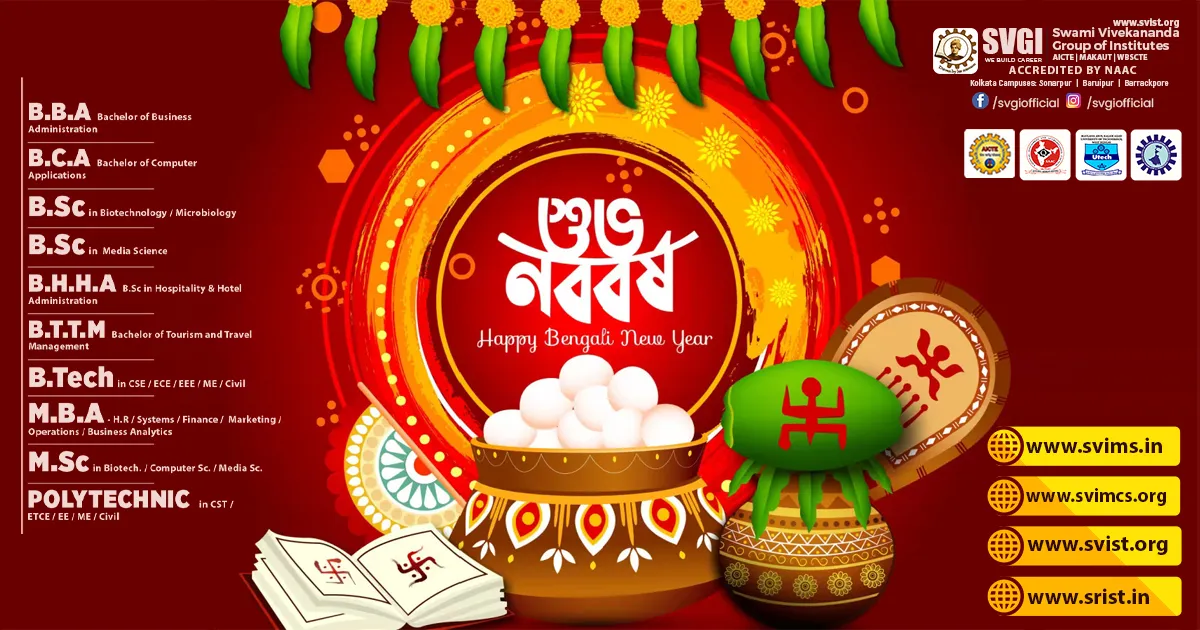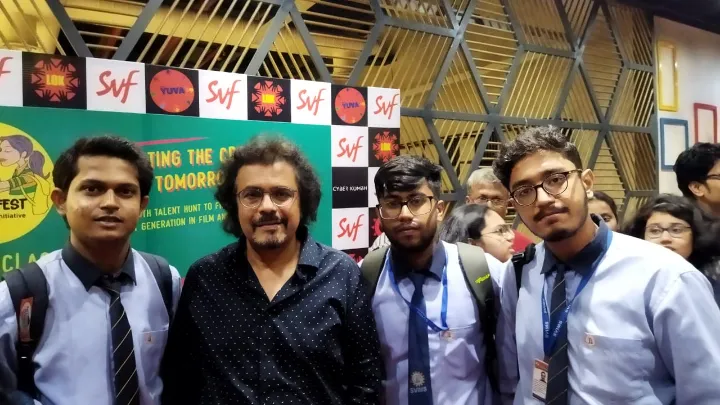Shubho Noboborsho 2024: A New Year of Educational Enlightenment
Shubho Noboborsho 2024 to all in the realm of education! May this auspicious occasion inspire a new chapter of learning, growth, and enlightenment. Let’s embrace the cultural significance of Shubho Noboborsho as we embark on a journey of discovery, innovation, and academic excellence. Here’s to a year filled with educational achievements, meaningful connections, and boundless opportunities for both students and educators alike. Shubho Noboborsho!

Welcome to the vibrant celebration of Shubho Noboborsho 2024! Also known as Poila Boishakh, Shubho Noboborsho marks the beginning of the Bengali New Year. It’s a time of joy, renewal, and cultural significance for Bengalis worldwide. Let’s delve into the rich tapestry of traditions and the profound meaning behind this auspicious occasion.
Shubho Noboborsho: A Cultural Extravaganza
- Cultural Heritage: Shubho Noboborsho is deeply rooted in Bengali culture, reflecting the essence of Bengal’s rich history, traditions, and artistic expressions. From poetry to music, dance to cuisine, every aspect of Bengali culture is showcased during this festive occasion.
- Renewal and Rejuvenation: Just as nature blossoms with the arrival of spring, Shubho Noboborsho symbolizes renewal and rejuvenation. It’s a time to bid farewell to the old and welcome the new with open arms, embracing hope, prosperity, and happiness.
- Family Bonding: Families come together during Shubho Noboborsho to celebrate the spirit of togetherness and solidarity. It’s a time for reunions, feasting, and exchanging warm wishes with loved ones, strengthening the bonds of kinship and camaraderie.
Traditional Customs and Rituals
- Glimmering Festivities: Streets come alive with vibrant processions, colorful decorations, and traditional music during Shubho Noboborsho. The air is filled with the melodious tunes of Rabindra Sangeet and folk songs, creating an atmosphere of merriment and cheer.
- Sweets and Savories: No celebration is complete without indulging in delectable Bengali sweets like Rasgulla, Sandesh, and Mishti Doi, along with savory delights such as Pitha and Luchi. Sharing these culinary delights with family and friends is a cherished tradition during Shubho Noboborsho.
- Alpana and Rangoli: Homes are adorned with intricate Alpana designs and colorful Rangoli patterns to welcome prosperity and good fortune. These decorative motifs, made from rice flour and natural colors, symbolize auspiciousness and beauty, adding to the festive ambiance.
Significance in Modern Context
- Cultural Preservation: Shubho Noboborsho plays a vital role in preserving and promoting Bengali culture and heritage. It serves as a reminder of the rich artistic legacy passed down through generations, fostering a sense of pride and identity among Bengalis worldwide.
- Harmony and Inclusivity: While deeply rooted in Bengali traditions, Shubho Noboborsho transcends cultural boundaries, promoting harmony and inclusivity. It’s a celebration that welcomes people from all walks of life to partake in its joyous festivities, fostering unity and mutual respect.
- Reflection and Resolution: As the New Year dawns, Shubho Noboborsho encourages introspection and resolution-making. It’s a time to reflect on the past year, learn from experiences, and set positive intentions for the year ahead, fostering personal growth and development.
Conclusion
Shubho Noboborsho 2024 is not just a celebration; it’s a testament to the resilience, cultural richness, and spirit of unity that define the Bengali community. As we embark on this new journey, may the warmth of Shubho Noboborsho illuminate our hearts with joy, prosperity, and harmony. Shubho Noboborsho!







